The Swiss man behind the Ecological Footprint
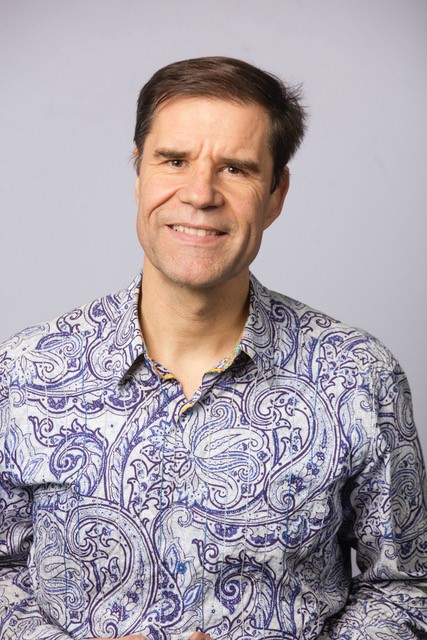
Mathis Wackernagel is the co-creator of Ecological Footprint, an open-source tool measuring human impact on the environment. He currently lives in California but attributes his passion for sustainability to pivotal childhood moments in Switzerland.
“When I was a child, I was already asking myself how one could use limitless resources on a limited planet,” says Wackernagel, who was born and raised in Basel and spent time off on a farm. “I used to ask myself, could we live on a farm and have all the food that we need?” he recalls.
The dramatic stories told by his parents and grandparents, who endured the Second World War, also shaped his thinking. “I was struck by their memories about food shortages,” he shares during a Zoom call. “Switzerland was very dependent on imports and could only guarantee food for seven months, and this had to last for one year”. A garden was an advantage.
Then came the oil crisis in 1973. “Switzerland launched the initiative of three car-free Sundays per month,” he recalls. “We children were free to bike on the motorways. It was incredible. I remember thinking, ‘this would be a great future’.”
The impulse to rebuild society drove him to study mechanical engineering at the Federal technology institute ETH Zurich.
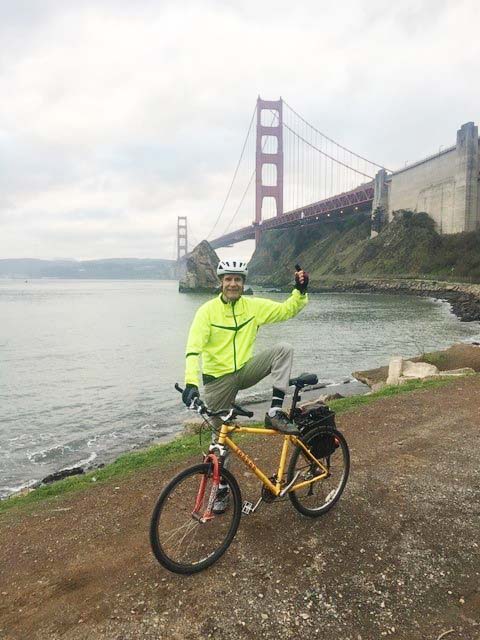
And it took him in the early 1990s to Vancouver, Canada, where he completed a PhD in community and regional planning at the British Columbia University under the supervision of William Rees.
“At that time, I was fascinated by the book Warum sie so arm sind? (Why are they so poor?) by Rudolf H. Strahm,” he says. It was during those years that Rees and Wackernagel developed the concept of the Ecological Footprint – a snapshot of the environmental impact of products, individuals, cities, regions, or countries.
That work culminated in the Global Footprint NetworkExternal link, a collaboration with governments, corporations, and international NGOs spanning six continents and 80 organisations. Wackernagel has received numerous awards, including the World Sustainability Award in 2018.
SWI swissinfo.ch: You have been living in Oakland with your family for almost 20 years. What do you appreciate about the Bay Area?
Mathis Wackernagel: It is pretty lovely here. I like the cultural diversity, being close to the ocean, the incredible weather. I appreciate the creative spirit and the ‘can-do’ attitude of the Silicon Valley. Here, there is space to realise ideas and to dream big. I have a bit of a Swiss lifestyle here: I use my bicycle, go hiking, and I make my fondue, especially at Christmas. I miss the excellent public transportation system, and of course my mother and my friends who live in Switzerland.
SWI: Can you tell us about the Ecological Footprint? What is it about?
M.W.: In simple words, it is a method that we use to measure the human impact on the environment. If the Ecological Footprint is bigger that the biocapacity [capacity of ecosystems to regenerate what people demand from those surfaces] in a certain region, then we have a biocapacity deficit in that area.
By calculating the Ecological Footprint, it is possible to estimate how many Earths we need to support humanity, or the lifestyle of an individual, of a specific country, or a corporation.
Every year the data published by the Global Footprint Network is included in reports published by organisations like the WWF, UN Environment and others. Anyone can calculate their own Ecological Footprint on our websiteExternal link.
“There is a fear of losing our privileges if we make changes”
SWI: Your research shows that more than 80% of the world’s population lives in countries that have an ecological deficit.
M.W.: Since 1970, humanity has been living in an ecological deficit (an “overshoot”). The annual demand of resources exceeds the biocapacity of the Earth. Our calculations say that we need the equivalent of 1.75 planets to absorb the waste that humanity currently produces and to generate new ecological resources. That means that the Earth needs one year and eight months to regenerate what we use in one year.
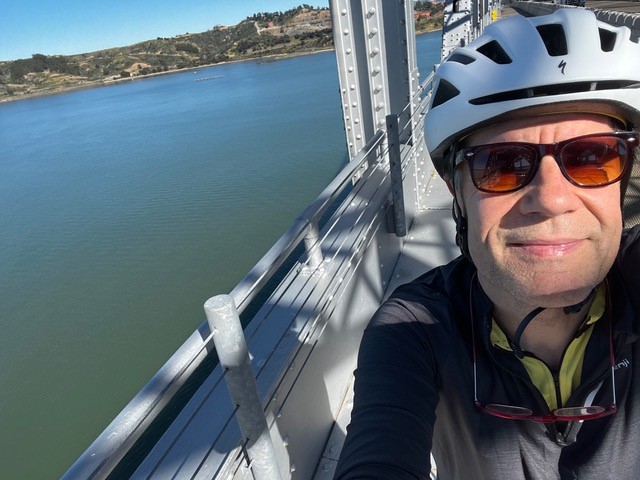
SWI: The emergency is clear, but progress in tackling the climate crisis has been slow. What needs to change?
M.W.: Our perspective. We have to put our personal interest at the centre of the solution. Nobody is a spectator. We all have ‘skin in the game’, to use business language. It is in our personal interest that the situation improves. Eating is another act of personal interest that is required to make sure we stay alive. We should have the same approach with the climate and the environment. But there is a fear of losing our privileges if we make changes.
SWI: You have been on the frontline for many years. Do you ever feel discouraged?
M.W.: Sure. I experience moments of deep frustration. But I am happy to be able to take care of something that I am passionate about. I try to look at the problems like an engineer. We don’t have to think in terms of hope or despair, but of what can work and what can’t. I have always had a mathematical brain. Even as a child I said that it was impossible to use resources unlimitedly. It’s an organisational question.
SWI: Can a feeling of helplessness lead to inaction?
M.W.: Of course. If people think that everything is too complicated, it is easy to feel overwhelmed and to leave things as they are. Instead, we believe in the power of the possibilities. Last year we launched the 100 Days of Possibilities initiative, with the hashtag #movethedate, showing what can be done to push the Earth Overshoot DayExternal link. This is an indicator of global sustainability that estimates the day when we will run out of natural resources that the planet provides for one year. Last year it was July 29. Because of the pandemic, 2020 had a better result, but afterwards we went back to the old standards. On June 5 we will announce the 2022 Overshoot Day.
The conflict in Ukraine clearly shows how countries are dependent on fossil fuels. If the European Union had invested more in renewable energies, it would have been easier to cut ties with Russia, which provides gas to many countries in the European Union. It is quite absurd that while most countries signed the climate convention in Rio in 1992, fossil fuel consumption has doubled since then. Germany invested in an energy transition, but it is so slow that it is barely noticeable. As a result, the EU was surprised to discover in February 2022 that almost half of its natural gas comes from Russia.
SWI: What is Switzerland’s current Ecological Footprint?
M.W.: It would take three Earths to support the consumption of resources in Switzerland. There are a few interesting successful initiatives to realise a green economy by 2050, and to be able to live with the biocapacity of only one planet. Like many other countries, we are privileged because we have many resources, but for each person in Switzerland that consumes three quarters of the cake, there are three people in another part of the world who together have to share one quarter. It’s not sustainable.

In compliance with the JTI standards
More: SWI swissinfo.ch certified by the Journalism Trust Initiative








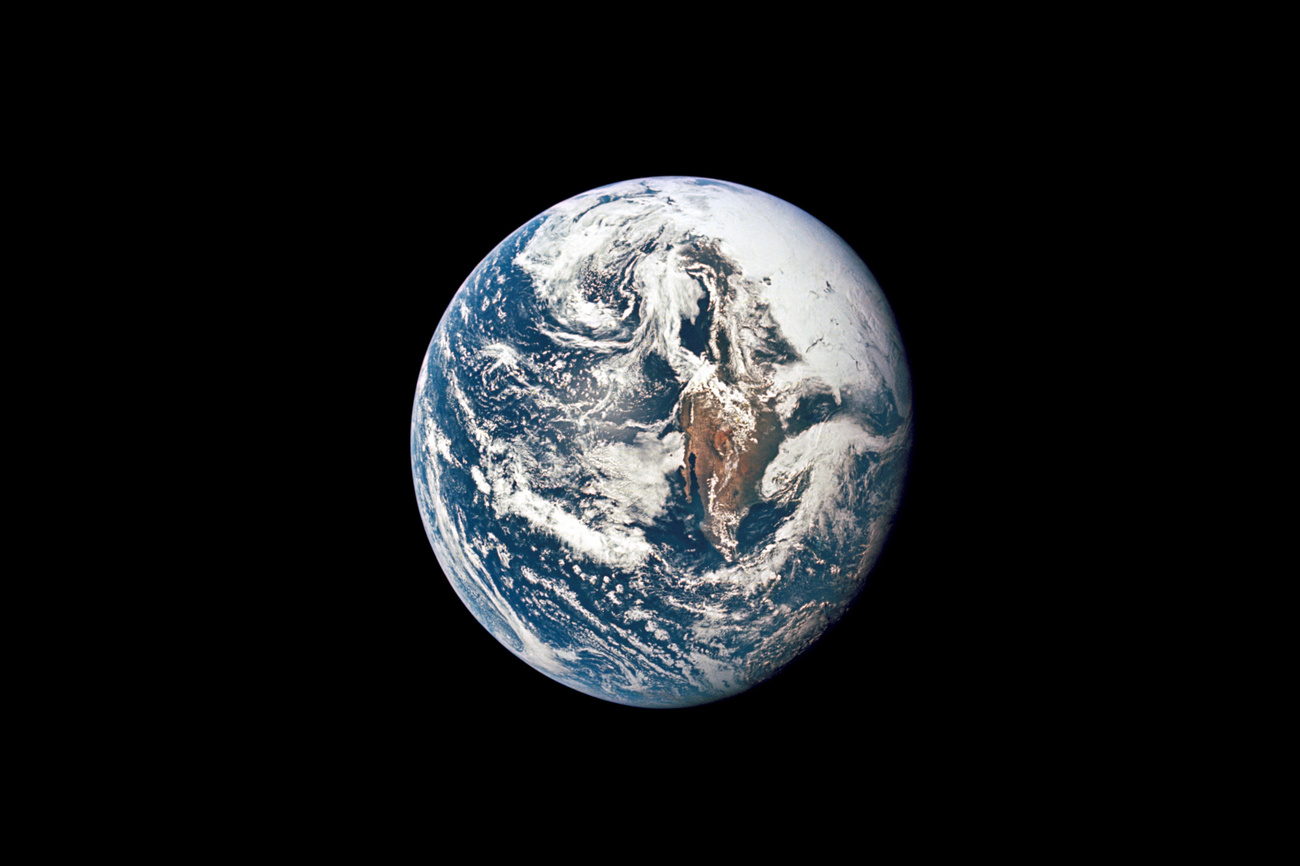

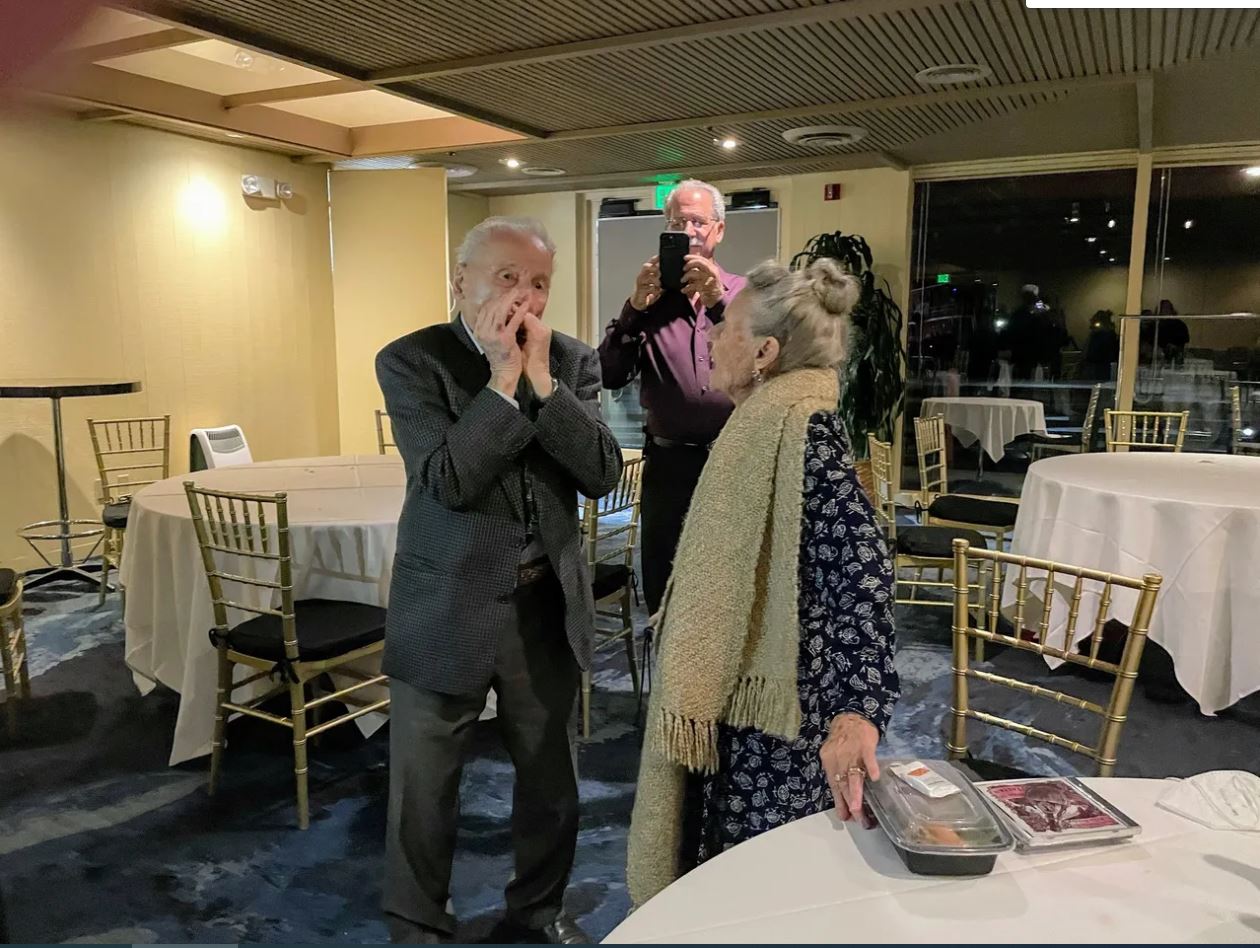
You can find an overview of ongoing debates with our journalists here . Please join us!
If you want to start a conversation about a topic raised in this article or want to report factual errors, email us at english@swissinfo.ch.